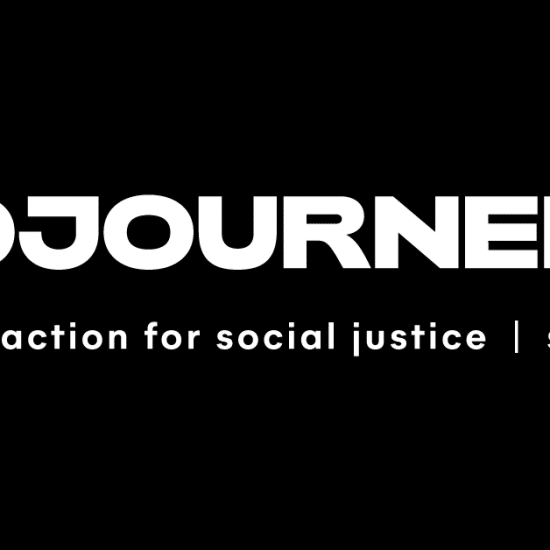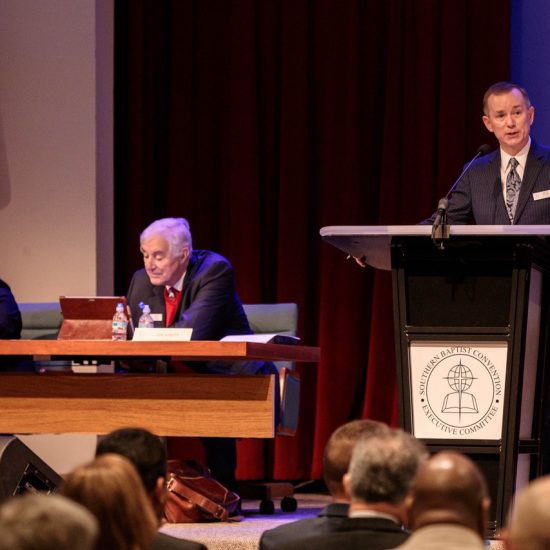I’ve been feeling guilty about “fudging” a little bit on my income tax return. But the system seems so unfair, and besides, everyone I know does it. Is this really wrong?
In addition to a weak economy in which most people are concerned about where every penny goes, accounts of prominent politicians neglecting to pay their taxes have made national news. Many people are angered and feel helpless about being forced to pay when others do not.
Anger over paying taxes also is relevant to us historically as citizens of the United States. Most of us learned early in our lives that the Boston Tea Party and the revolt over unfair taxation was a large factor in establishing the need for independence from England. Thus, some of our national pride rests on great heroes who decided to fight rather than pay taxes they believed were unfair.
Therefore, a personal sense of fairness and justice does lead some — although not everyone, and probably not even everyone you know — to cheat on their taxes. Those arguments, along with your sense of guilt, reflect an attempt to rationalize what you know to be wrong.
Unlike some modern issues, the New Testament speaks directly to the subject of paying taxes. In Matthew 17, Peter affirms that Jesus pays the temple tax and backs this up by paying the tax for both Peter and himself. In an account recorded in Matthew 22, Mark 12 and Luke 20, Jesus is asked directly whether it is right to pay taxes to Caesar or not. Jesus responds with the admonition to pay to Caesar what is Caesar’s and to God what is God’s. In Romans 13, part of Paul’s admonition to submit to the authorities is the necessity of paying taxes, not only in submission to the state but also in submission to God. His simple statement in verse 7—that if you owe taxes, pay taxes — is uncomfortably clear.
The New Testament teaches that paying taxes is a proper and just thing to do. Christians, as a matter of identity and conscience, should pay their taxes. This action can be contrary to our desires and the standards of our human nature. But then, so is most of Christianity.
Much of the pain in paying taxes is based on the belief we are giving away our hard-earned money. We seek to hold tightly to it, focusing on the idea that it is “ours,” and no one else deserves it. Unfortunately, this concept does not apply just to taxes, but also to charitable giving, and yes, even to tithes and offerings. Often, we do not want God to have “our” money any more than we want the government to have it.
The proper understanding that God already is the owner of all things, including our money, releases us from the trap of selfishness and releases us to be good stewards. Giving God what is God’s turns out to be good advice after all.
Van Christian, pastor
First Baptist Church
Comanche, Texas
Right or Wrong? is sponsored by the T.B. Maston Chair of Christian Ethics at Hardin-Simmons University’s Logsdon School of Theology. Send your questions about how to apply your faith to btillman@hsutx.edu.





